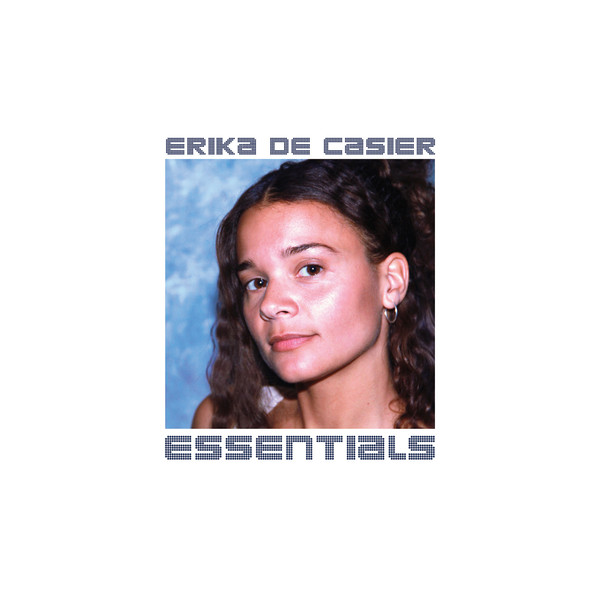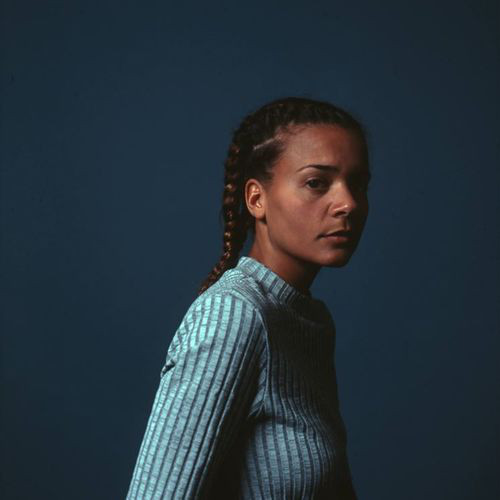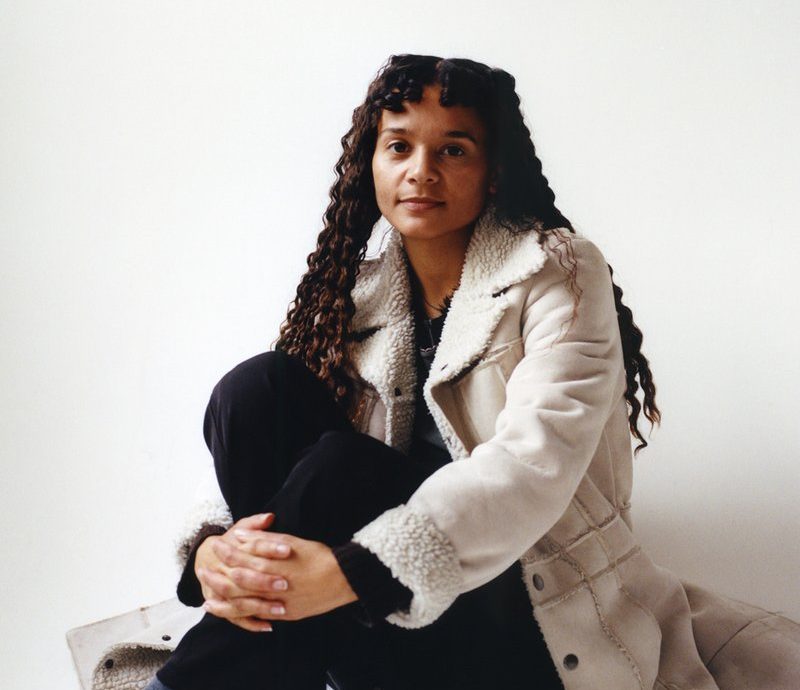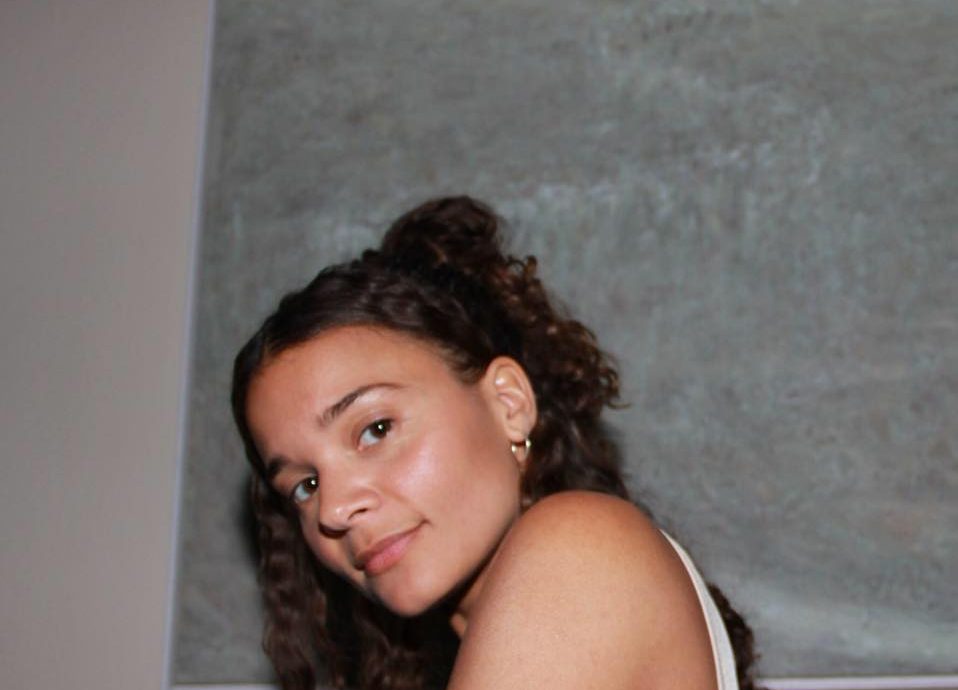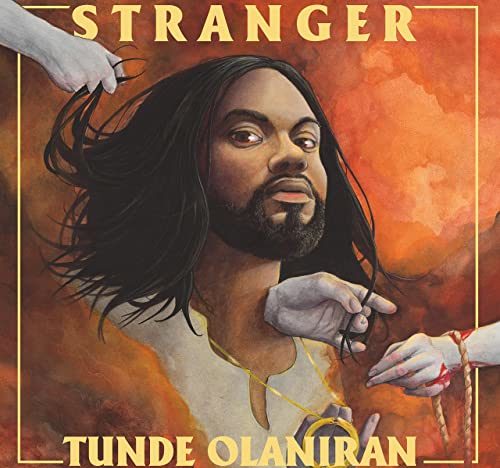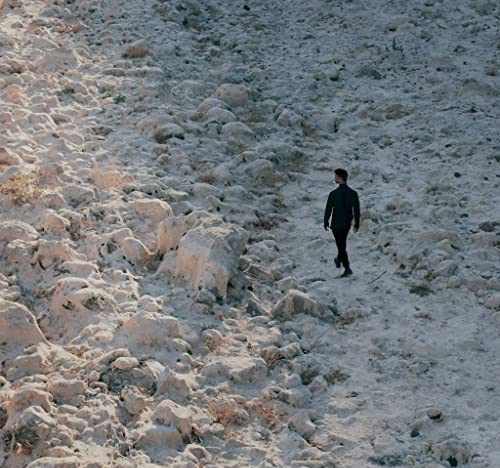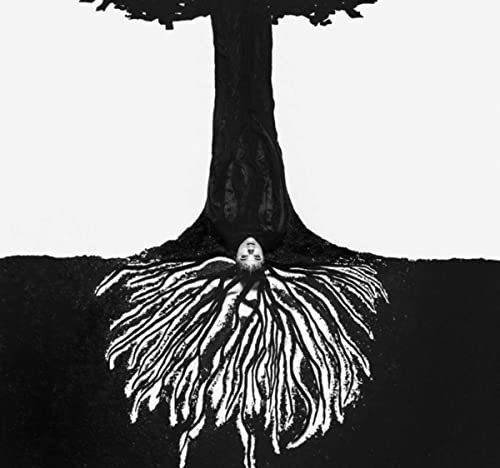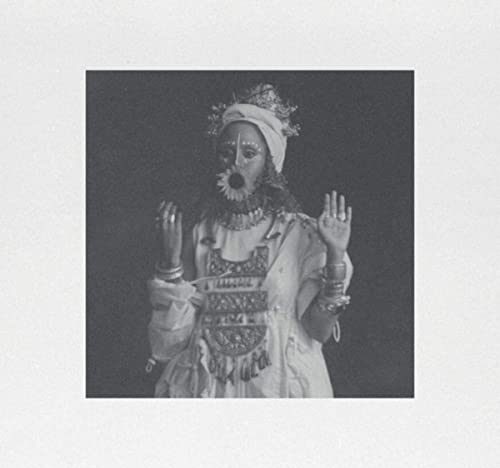Born in Portugal and raised in Denmark (save for a year spent studying abroad in rural Vermont as a high schooler), de Casier had found a universal language on MTV before she learned how to speak Danish. Music was always there, but her path to songwriting as anything but immediate.
“I had a piano teacher in fifth grade that killed my desire to make music. I didn’t want to touch it for years,” she recalls. “Later on, in high school, I was in the choir, and I sang a few bits in a band. But I would have never thought as a teenager that I would be making music at all.”
During those years, she found a haven in the music section of her local library, where she’d borrow CDs and import them into her iTunes collection. “It always felt like I was doing something kind of illegal, like I hope the library doesn’t find out.” she laughs. “I would pick out any CD that I thought looked nice. That’s how I found Erykah Badu, because I thought, ‘my name is Erika, let me see.” I’d borrow these albums by N.E.R.D., or Destiny’s Child, and just listen endlessly. Listen, pause, write down the lyrics, and listen again.”
“When any musician sits down and makes music, we have baggage: what we’ve heard, what we’ve experienced. So of course when I’m sitting with a synthesizer, I pick the sounds that I like. And these sounds are like sometimes from the same family and bring like this very nice emotion in me that makes me want to write this kind of song. It’s not as easy as saying “okay, I’m going to write a G-funk song.” I start with an emotion and then I go from there. This is the music I love, but this is where I’m at, you know? I need something meaningful to me. I want to make something that I can feel.”
– erika on tapping into a certain nostalgia with her music without ever getting indulgent with it
That same sense of tactility — of opening the jewelcase, feeling the triangularity of the play button on your fingertip and being swept into a fully-formed dreamscape, with liner notes as your only guidemap — defines Essentials. It sounds like the product of opulent studio sessions, a time when the music industry had more disposable cash to toss around, an impressive feat given its DIY genesis. de Casier’s confessionals feel lifted off the pages of a Lisa Frank notebook, her production whooshes and sparkles like it commands a Hype Williams video treatment. Even the title suggests something akin to a Now That’s What I Call Music-tier compilation: these are songs that feel lived-in.
And yet, while this early aughts quasi-familiarity is a key element to Essential’s appeal, de Casier’s vision extends far beyond reupholstered nostalgia. Throughout its tracklist, she negotiates the throes of modern communication with an unwavering perseverance to cut through the static and overthrow the ambiguity in desire. There’s a resilience in her tenderness, one that stands in opposition to the idea that apathy begets coolness.
Via The Fader by Salvatore Maicki

